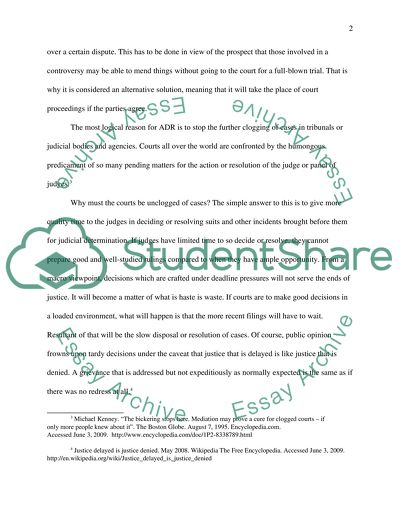Cite this document
(“Alternative Dispute Resolution Essay Example | Topics and Well Written Essays - 3750 words”, n.d.)
Retrieved from https://studentshare.org/law/1531417-alternative-dispute-resolution
Retrieved from https://studentshare.org/law/1531417-alternative-dispute-resolution
(Alternative Dispute Resolution Essay Example | Topics and Well Written Essays - 3750 Words)
https://studentshare.org/law/1531417-alternative-dispute-resolution.
https://studentshare.org/law/1531417-alternative-dispute-resolution.
“Alternative Dispute Resolution Essay Example | Topics and Well Written Essays - 3750 Words”, n.d. https://studentshare.org/law/1531417-alternative-dispute-resolution.


